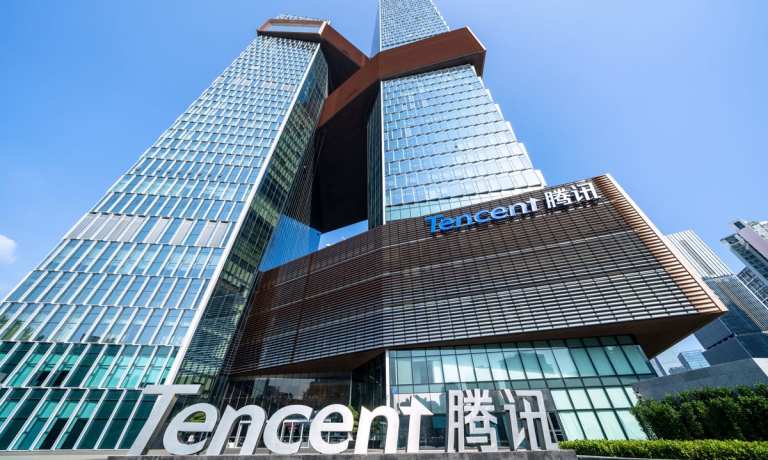Tencent Unveils ‘Hunyuan’ As Chinese Tech Firms Jump on AI Train

Tencent Holdings is the latest Chinese tech giant to launch an artificial intelligence (AI) model.
That’s according to Dowson Tong, CEO of the cloud and smart industries group, who spoke with CNBC ahead of the launch of the company’s “Hunyuan” model at a summit Thursday (Sept. 5).
Tong told the network his company is integrating Hunyuan’s capabilities with its existing products for video conferencing and social media. Tencent owns WeChat, the massively popular Chinese messaging and payments super app.
As noted here last month, Tencent is reportedly also testing AI applications related to gaming, cloud computing, financial technology, and advertising and marketing.
The launch came two days after another Chinese tech firm, Baidu, added several new AI products. That’s on top of “Ernie,” the chatbot the company introduced last week.
ByteDance, best known for its social media platform TikTok, also introduced its Doubao AI chatbot to the public after the Chinese government gave companies permission to make the tech public.
“The launch of these AI chatbots is significant for ByteDance and Baidu as they aim to enhance their business models and increase advertising revenue,” PYMNTS wrote last week. “Baidu founder and CEO Robin Li stated that the public rollout of Ernie will allow the company to collect real-world human feedback, which will help improve the chatbot at a faster pace.”
China’s new rules for AI, comprising 24 guidelines, went into practice last month, the first efforts by a major economy to govern the AI sector.
As PYMNTS reported, foreign companies — American and European firms among them — will need to follow the guidelines established by China’s internet watchdog, the Cyberspace Administration of China (CAC), if they hope to remain in business in the country.
“And with a population of more than a billion, China is an attractive place to do business for tech platforms built explicitly to monetize scalability,” the report said. “Leading Western economies, by contrast, are lagging when it comes to AI regulation — preferring, for now, to take a more hands-off approach to policing the risks of the new technology.”
Asked about China’s regulations by CNBC, Tong argued that this iteration of artificial intelligence is so new that no one can tell how it will impact society.
“It’s prudent to put in some guardrails in place,” he said, adding that it will help ensure that technology or the services on offer are of sufficient quality so they don’t create and disseminate false information.